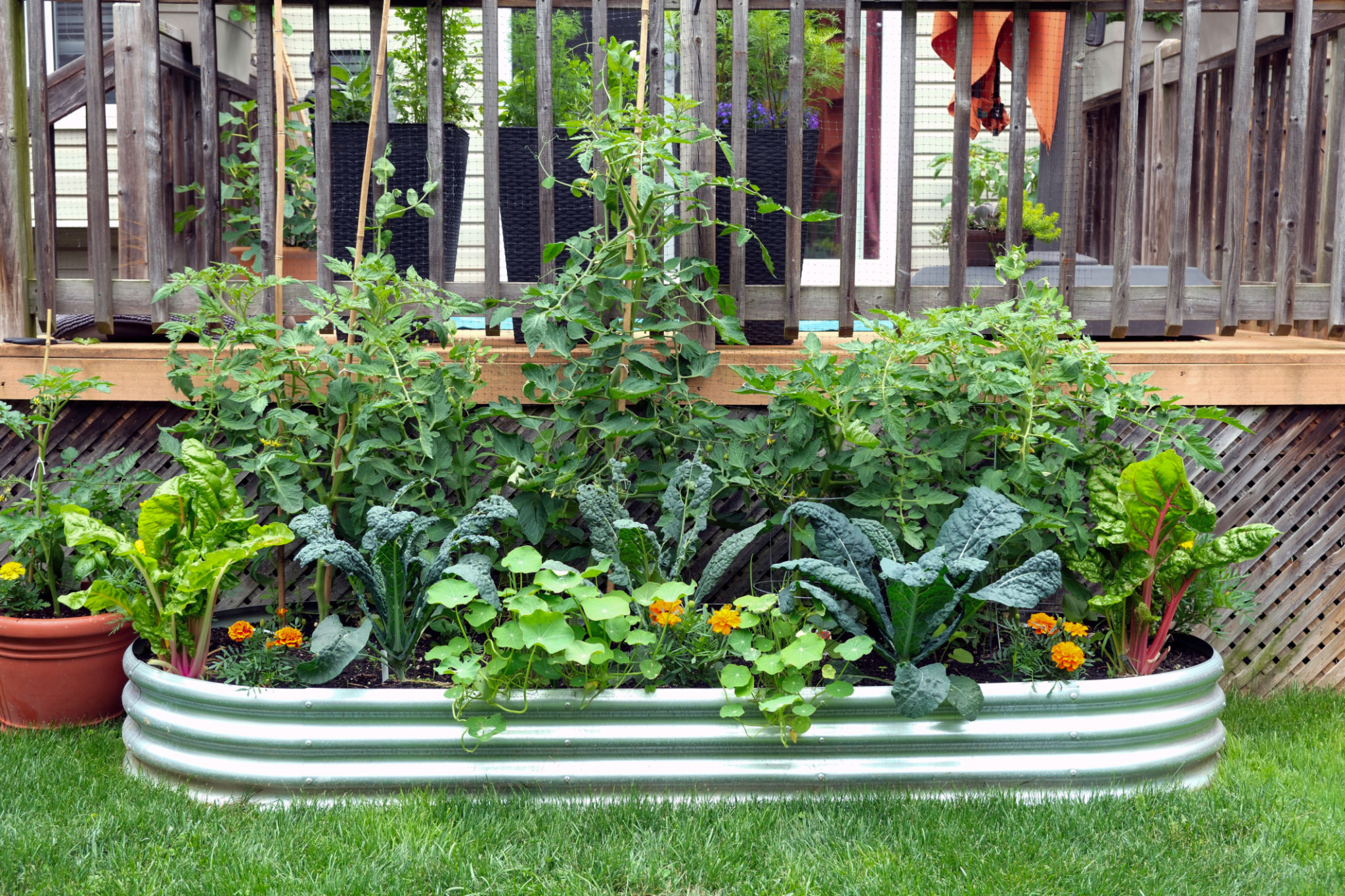How to Implement Pest Management Solutions in Your Organic Garden
Understanding the Importance of Pest Management in Organic Gardening
Organic gardening is a rewarding endeavor, providing fresh produce while nurturing the environment. However, managing pests without synthetic chemicals can be challenging. Implementing effective pest management solutions is crucial to maintaining a healthy and productive garden.
Organic pest management focuses on creating a balanced ecosystem. This approach reduces the need for harmful pesticides and ensures your garden thrives. By understanding the dynamics between pests and beneficial organisms, you can develop strategies that protect your plants naturally.

Identifying Common Garden Pests
The first step in implementing pest management solutions is identifying the pests affecting your garden. Common culprits include aphids, slugs, caterpillars, and beetles. Each pest presents unique challenges and requires tailored strategies for effective control.
Regularly inspecting your plants for signs of damage or the presence of pests is essential. Look for yellowing leaves, holes, or sticky residues, which can indicate an infestation. Early detection allows for prompt action, preventing minor issues from becoming major problems.
Cultural Practices for Pest Prevention
Adopting certain cultural practices can significantly reduce pest problems. Rotate crops annually to disrupt pest life cycles and prevent soil-borne diseases. Additionally, maintaining healthy soil through composting and mulching enhances plant resilience.
Companion planting is another effective method, where certain plants are grown together to repel pests. For example, marigolds can deter nematodes, while basil can ward off flies and mosquitoes. These natural deterrents help minimize pest populations without harmful chemicals.

Encouraging Beneficial Insects
Beneficial insects play a crucial role in organic pest management by preying on harmful pests. Ladybugs, lacewings, and parasitic wasps are examples of insects that help control aphid populations. Encourage these allies by planting flowers and herbs that attract them.
Providing habitats for beneficial insects also supports their presence in your garden. Install insect hotels or leave small areas of your garden undisturbed to create a welcoming environment for these natural predators.
Using Organic Pesticides as a Last Resort
While prevention is key, sometimes pest populations may reach levels that require intervention. Organic pesticides should be used sparingly and only as a last resort. Options like neem oil, insecticidal soap, or diatomaceous earth can help manage pests without harming beneficial insects.

When applying organic pesticides, follow the manufacturer's instructions carefully and target only affected areas. This approach minimizes impact on non-target organisms and helps maintain the balance of your garden's ecosystem.
Monitoring and Adjusting Your Strategies
Pest management is an ongoing process that requires regular monitoring and adaptation. Keep records of pest occurrences and the effectiveness of your strategies. This information will guide future decisions and improve your garden's resilience over time.
Be patient and persistent, as organic gardening often involves trial and error. By continuously learning and adjusting your methods, you'll develop a robust pest management plan tailored to your garden's unique needs.
